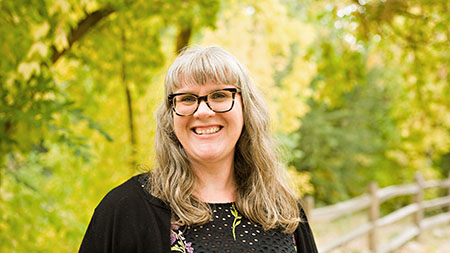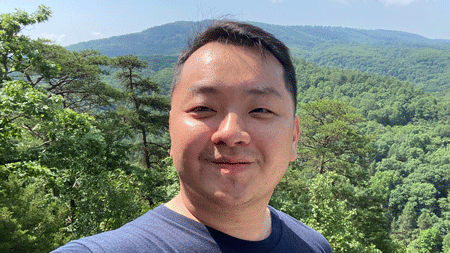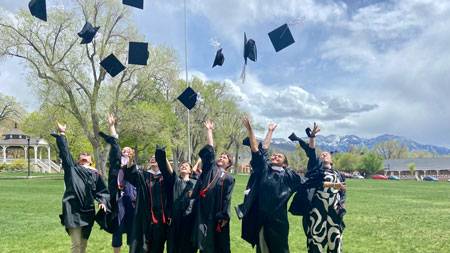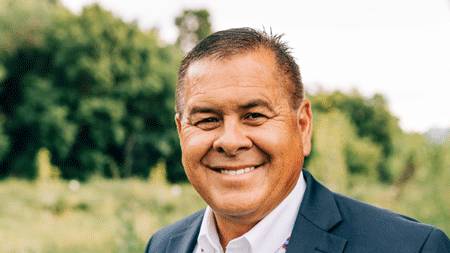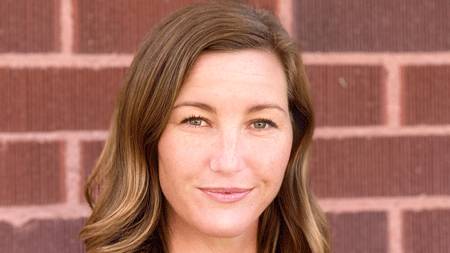
Melissa Parks is a newly appointed Assistant Professor in the Department of Communication and the Environmental Humanities Program at the University of Utah. She is also an Associate Director of the University’s Taft-Nicholson Center for Environmental Humanities Education in Centennial Valley, Montana. Grounded in the transdisciplinary area of Science, Health, Environmental, and Risk (SHER) Communication, her research employs rhetorical and pedagogical lenses to explore public engagement with advocacy and activism, particularly in contexts of environmental conservation. As a teacher-scholar and field educator, Melissa enjoys collaboratively and creatively designing and facilitating diverse, place-based educational programming in support of students, teachers, artists, and scientists.

